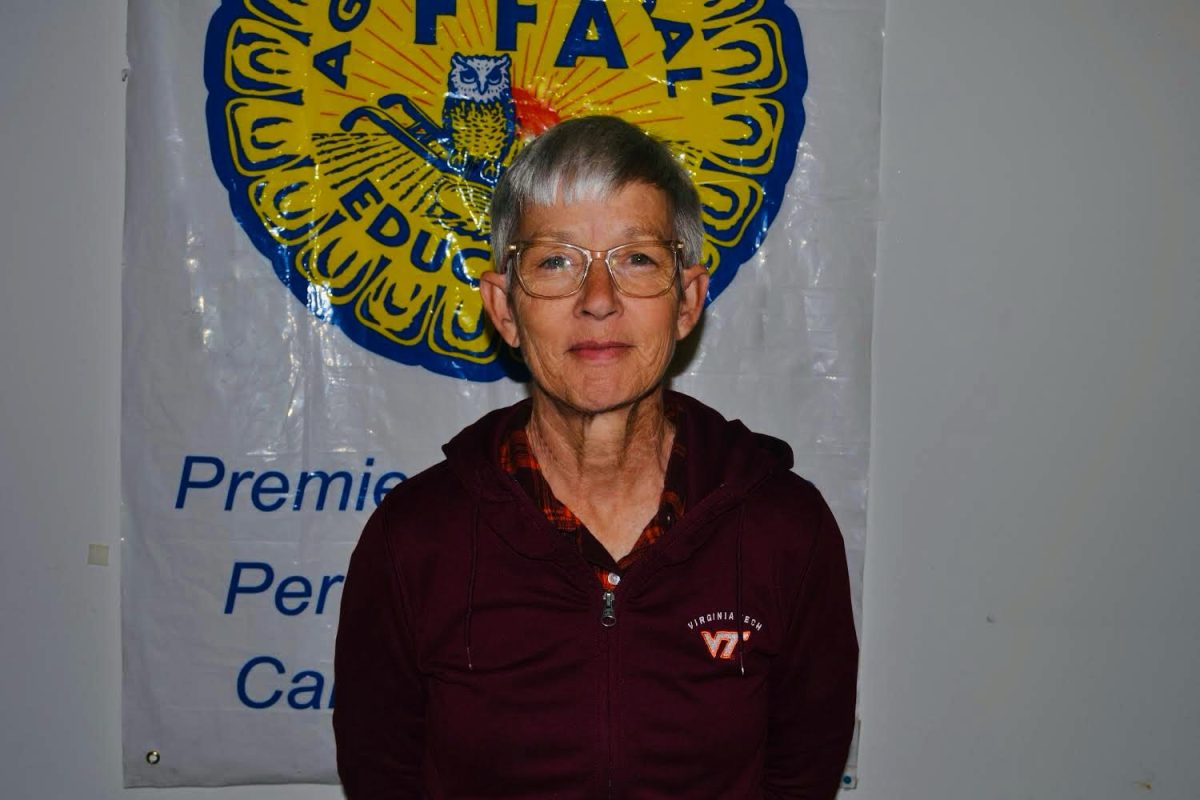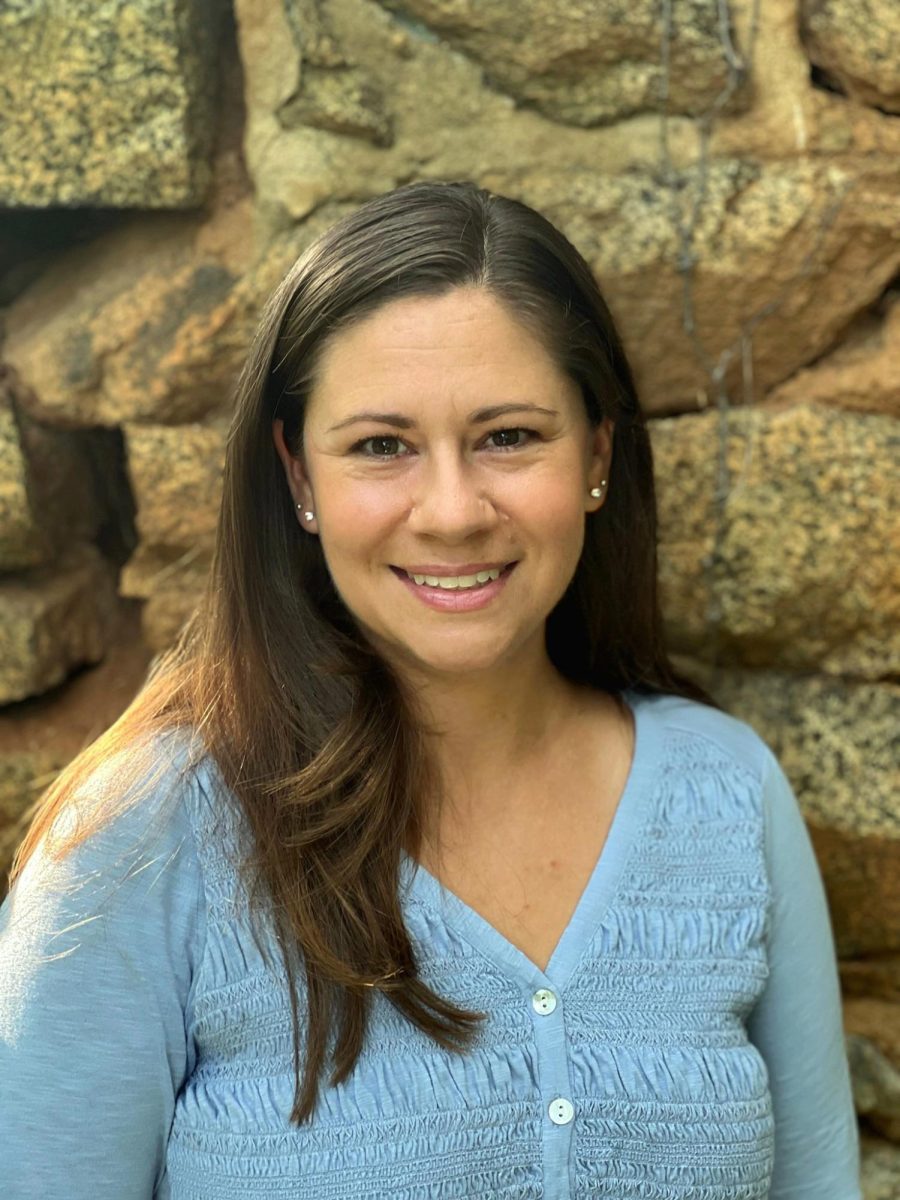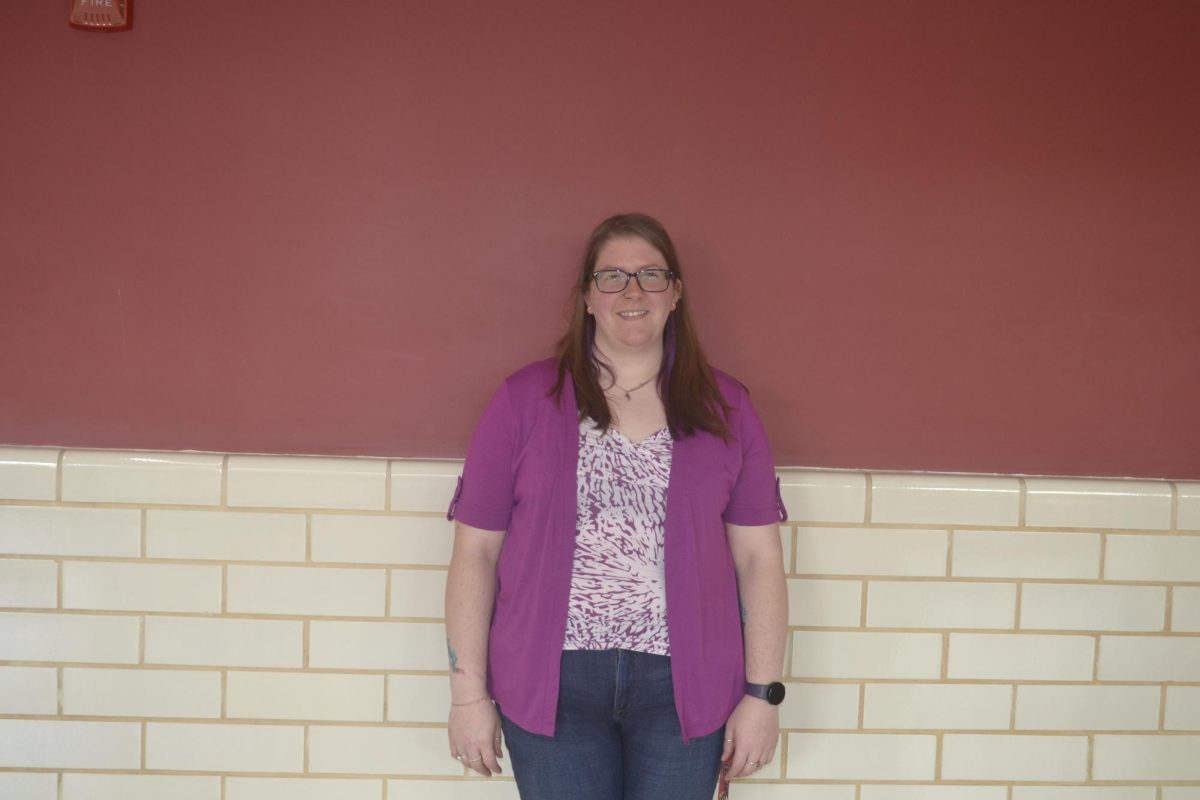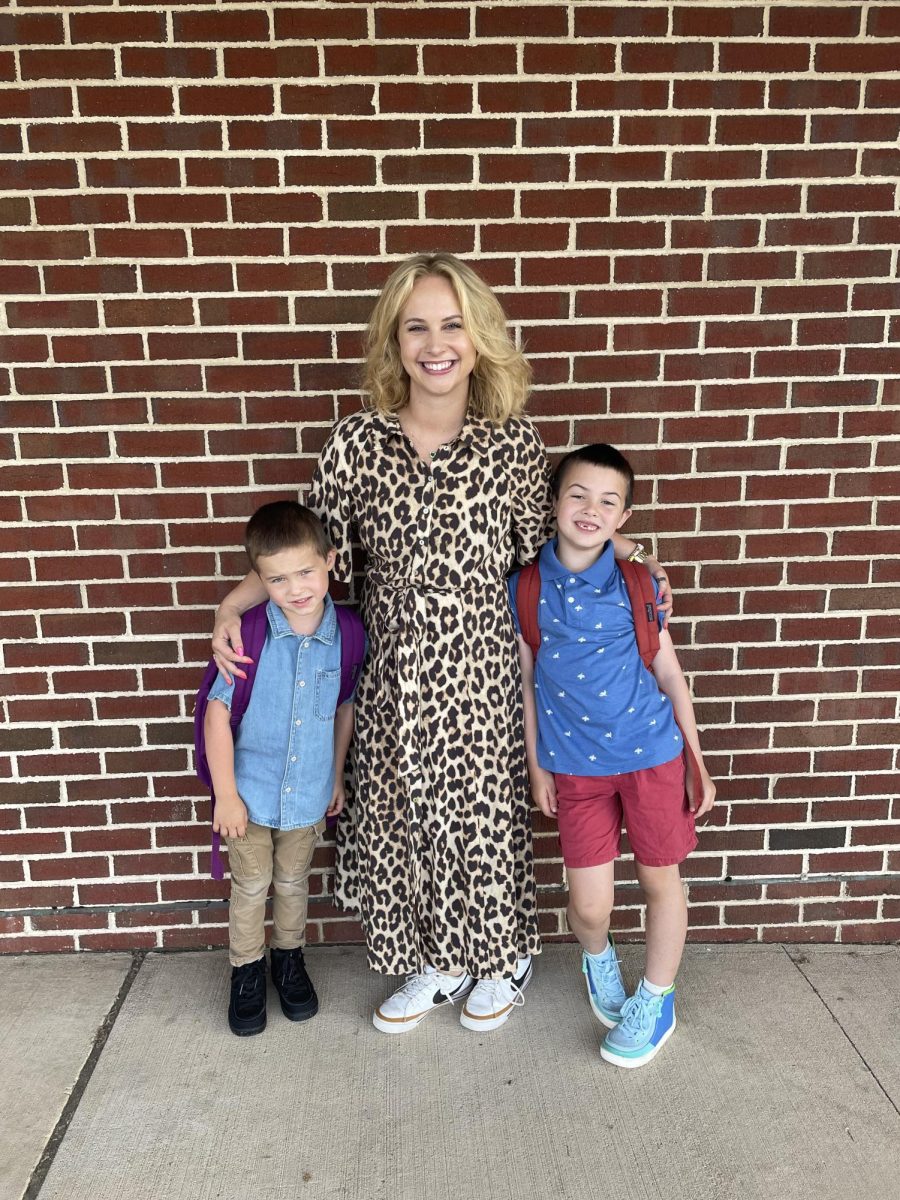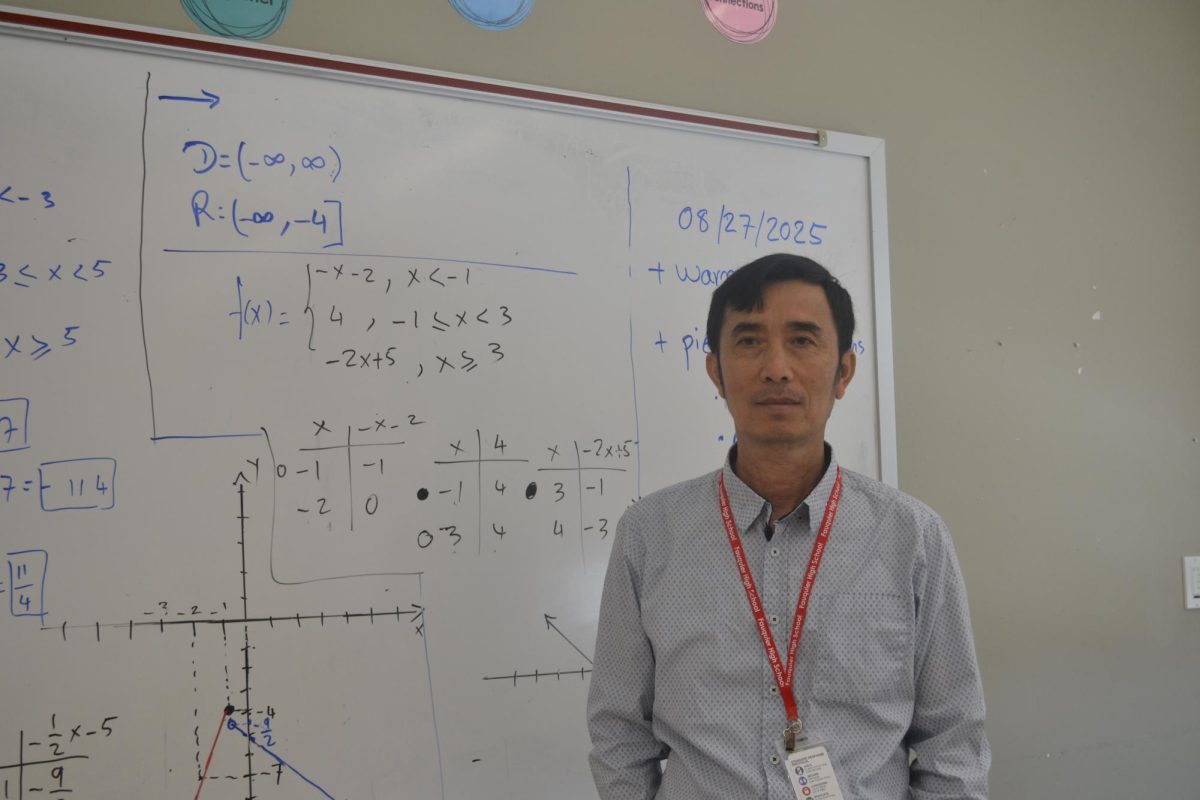At FHS, the Agriculture Program plays a pivotal role in shaping the next generation of responsible pet owners and advocates for animal welfare. By instilling core principles of animal care, the program aligns closely with the insights shared by local veterinarians about the need for greater awareness and accessibility in veterinary services.
In conversations with veterinarians, a recurring theme emerged regarding the financial challenges many pet owners face. “In this area, it’s relatively common for pet owners to avoid annual exams and only come in when their pet is sick,” noted a local veterinarian, who prefers to stay anonymous. This trend underscores the importance of preventative care and the need for education on the benefits of regular veterinary visits.
At FHS, the Agriculture Program teaches students the responsibilities of pet ownership and the importance of animal welfare. “My intent is to make students humane caregivers in both personal and professional settings,” said Susan Hilleary, the department chair of the agriculture program. “Understanding animal needs and behaviors equips them to make informed decisions that positively impact animal welfare.”
Students like Joseph Pisarcik, a senior at FHS, recognize the value of this education, especially in addressing the challenges of pet ownership. “Many people struggle to access adequate veterinary care, especially for exotic pets,” Pisarcik explained. “It’s crucial for us to be informed about the realities of caring for different types of animals,” he continued.
The program not only emphasizes practical skills but also fosters critical thinking about the implications of pet ownership. “Every pet [breed] is unique…let alone having a different animal,” Pisarcik added. “We need to consider the long-term commitment involved in caring for an animal.”
As students learn about animal care, they also become aware of the broader issues affecting access to veterinary services. Mobile clinics and telemedicine are emerging solutions that could bridge gaps in care, particularly in underserved areas. “These options can lower overhead costs for vets and potentially reduce fees for clients,” a local veterinarian noted, highlighting the importance of innovation in veterinary practice.
Moreover, community-funded programs, such as “angel funds,” can help clinics provide care for those who cannot afford it. “Building relationships between pet owners and veterinarians is crucial,” the veterinarian added. “Regular check-ups allow us to detect health changes early, ultimately saving money and improving outcomes for pets.”
Grace Faulk, a junior at FHS, expressed her awareness of the challenges some pet owners face by recommending a new approach, sharing, “I think a potential solution would be more funding to veterinary majors because…if the cost to become a vet wasn’t so much, it wouldn’t cost so much to get a vet.”
Despite available resources, there remains a significant gap in awareness regarding affordable pet care options. “Not enough people know about services like Anacira in Manassas, the SPCA, or the importance of pet insurance,” the veterinarian emphasized. “Resources like pethelpfinder.org are invaluable for locating low-cost veterinary care and pet food banks.” These resources provide valuable services to lower-income families, offering low-cost spays, neuters, and other essential veterinary services. However, many pet owners remain unaware of these options. In fact, it is recommended that “one of the best things you can do, and the least expensive, is…to brush your dog or cat’s teeth with a pet-appropriate toothpaste. The reason for that is anesthetic dentals are becoming one of the most cost-prohibitive things for pet owners. And the more it’s being researched, the more we’re realizing how much our oral health and our pets’ oral health affects other organ systems as well,” says a local veterinarian. Agriculture programs like these at FHS can help bridge this gap.
Hilleary hopes that students will leave her class with a deep understanding of responsible animal care. “I want them to consider the quality of life for their pets and understand their responsibilities as owners,” she said. “Most students will only use this knowledge in their home settings, but for those who go on to work with animals, I hope that they set an example of concern for animal care with the people they interact with.”
In this regard, Faulk also highlighted the role of agriculture programs in educating communities: “These agriculture programs help us to understand agriculture in the world, and they can easily teach us about these issues and how we can help to fix them.”
Categories:
Preparing Future Advocates: Fauquier High School’s Agriculture Program Shares the Importance of Veterinary Care
Hannah Raad, Features Editor
November 7, 2024
Susan Hilleary, head of the agriculture department, is proud to teach FHS students students real-world skills in animal welfare.
Story continues below advertisement
1
Donate to The Falconer
Thanks for reading The Falconer. We're happy to provide you with award-winning student journalism since 1963, free from bias, conflicts of interest, and paywalls. We're able to continue with the generous support of our local community. If you're able, please consider making a donation. Any amount is incredibly helpful and allows us to pursue new and exciting opportunities.
More to Discover
About the Contributor

Hannah Raad, Editor-in-Chief
Hi! Hello! My name is Hannah Raad and I am a senior at FHS. This is my second year contributing to The Falconer. In my spare time I enjoy crafting and long walks on the beach. #LeoEnergy #FalconPride #ClassOf26 #HolyTuff #CultureClubber #ThritingQueen #FlyingCircusAirshow #InfiniteAura

